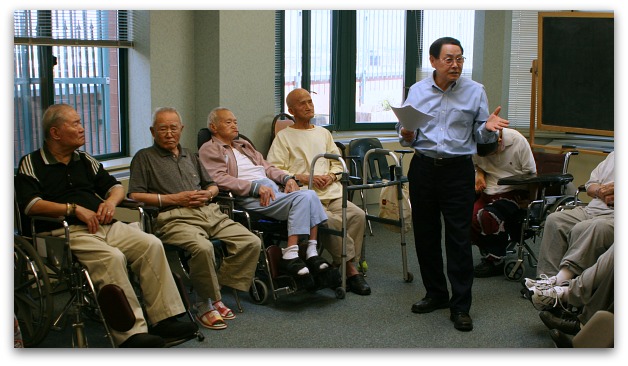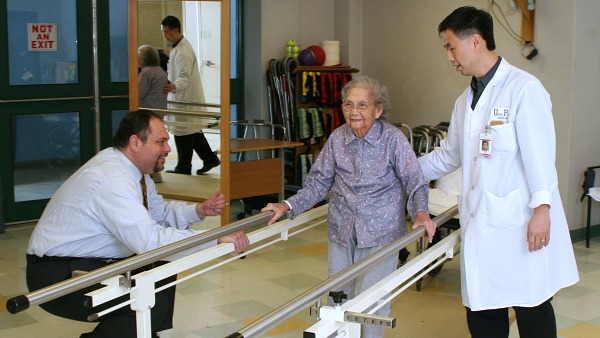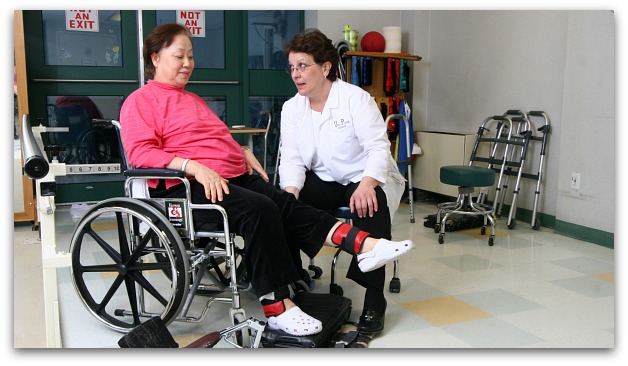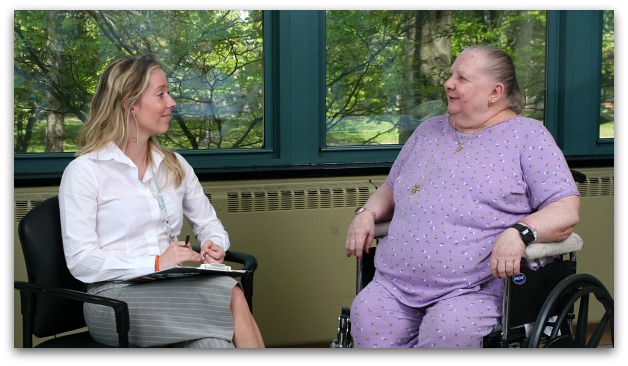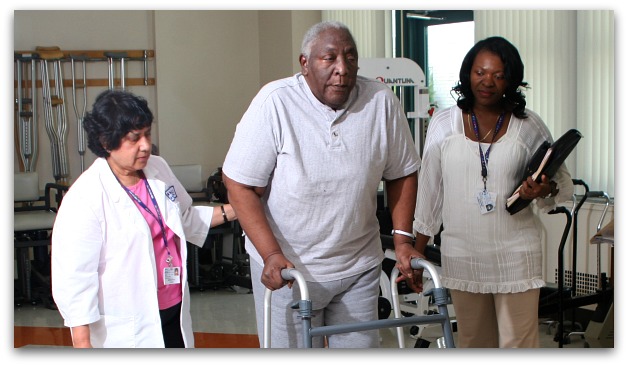PsychAssociates provides comprehensive psychological services in person and through telemedicine to patients, families, and staff in long-term care and related facilities
PsychAssociates psychologists collaborate with the patient, family, and interdisciplinary team to effectively assess, plan, and deliver quality coordinated care. Taking the biological, psychological, social, and spiritual needs of the patient into account, we devise treatment plans and goals that seamlessly integrate behavioral health interventions for patient-centered, whole person care.
Assessment
Our psychologists are experts in conducting:
- psychological assessments for differential diagnosis and treatment planning
- screening for accurate MDS capture of mood, depression, and cognitive status
- brief cognitive evaluations
- extensive neuropsychological assessments
- evaluations for decision-making capacity
Treatment
Our psychologists are highly skilled in:
- assisting in the management of difficult behaviors such as agitation, aggression, disinhibition, sleep difficulties, wandering, hoarding, and resistance to care.
- providing evidence-based psychotherapeutic interventions for individuals and groups for the treatment of depression, anxiety, psychosis, PTSD, suicidality, chronic mental illness, grief and bereavement, cognitive impairment, substance use, etc.
- providing health and behavior interventions to improve the management of acute and chronic conditions, such as pain, diabetes, hypertension, cancer, COPD, and stroke. Examples of intervention outcomes include improved medication compliance, reduced need for psychotropic medications, and increased motivation and participation in other treatment modalities (e.g., physical, occupational, and speech therapy).
- delivering cognitive remediation to enhance compensatory strategies and coping skills for patients with recent neurological injuries, such as stroke or traumatic brain injury.
- helping to foster successful transitions of individuals from short-term rehabilitation to the community or next level of care by supporting individuals as they cope with mental and physical challenges while teaching them how to adapt and make positive lifestyle changes.
- providing professional and family caregiver support and training to help caregivers better cope with stress and improve their quality of life.
- participating in end-of-life planning to help patients, families, and treatment teams navigate the complex decisions.
Our psychologists practice in a culturally competent manner. Some of our psychologists have multilingual capabilities, including Spanish, Korean, Cantonese, Mandarin, Italian, Hebrew, Vietnamese, German, Greek, and Russian.

